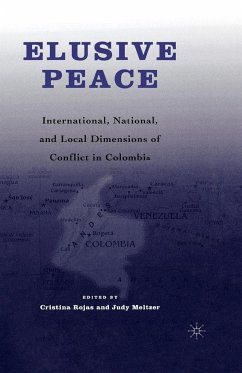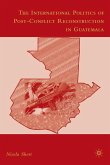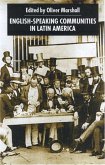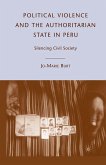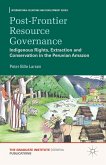This book analyzes the first stage of the conflict in Colombia, the twenty-year search for a negotiated settlement which concluded in 2002 with the collapse of peace negotiations, and the transition that took place in 2002 to a new approach to peacemaking under the Uribe administration. Contributors examine the local, regional and international dynamics of the conflict, focusing on the effect of US foreign policy on Colombia and neighboring countries. Included also is discussion of the Colombian drug trade and its impact on attempts for peace and the country's economy; the evolution of Pastrana's 'Plan Colombia'; internal conflict; and the effects of indigenous movements on the current conflict.
Hinweis: Dieser Artikel kann nur an eine deutsche Lieferadresse ausgeliefert werden.
Hinweis: Dieser Artikel kann nur an eine deutsche Lieferadresse ausgeliefert werden.
"This is a stimulating and timely collection that analyzes the impact of the shift from the war on drugs to the war on terror in US policy towards Colombia, the arms race this has precipitated in northern South America, and why a successful regional peace initiative on the Central American model is not at present an option for settling the war in Colombia. This book also sheds new light on indigenous social movements in Colombia and ethnic and on cultural approaches to understanding the root causes of the Colombian conflict; furthermore, it provides a multifaceted perspective on the nature and impact of the drug trade on the country s economy, society, culture and international relations. Clear, compelling, and insightful, this book deserves a wide audience." - Catherine LeGrand, McGill University

